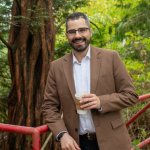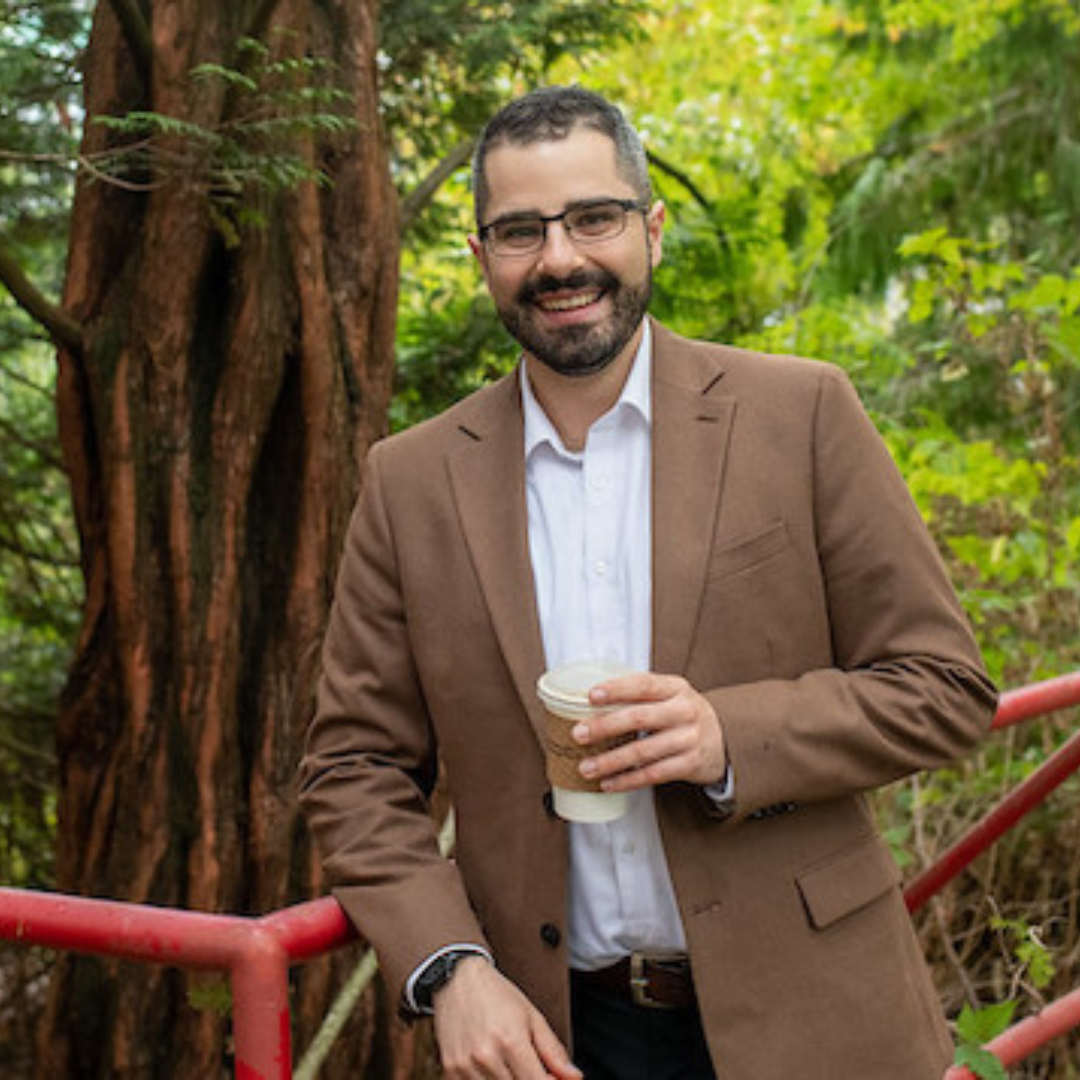 Few experiences in academia match the excitement and significance of testifying before Parliament. In October 2023, Political Science Assistant Professor Dr. Noah Schwartz was called to serve as an expert witness before the Senate Standing Committee on National Security, Defence, and Veteran Affairs as part of the study of Bill C-21 related to the regulation of firearms in Canada.
Few experiences in academia match the excitement and significance of testifying before Parliament. In October 2023, Political Science Assistant Professor Dr. Noah Schwartz was called to serve as an expert witness before the Senate Standing Committee on National Security, Defence, and Veteran Affairs as part of the study of Bill C-21 related to the regulation of firearms in Canada.
Dedicating his career to the study of firearms policy in Canada and the United States, Dr. Schwartz provided a transparent and honest perspective on the problems with Bill C-21. Based on his research with over 16,000 Canadian gun owners from coast to coast, he stated how this bill could be harmful to Canadians and not effective in reducing gun crime, as a freeze on handgun ownership wouldn’t stop gun smugglers from continuing their business in the Canadian black market.
Although aware that it was unlikely that the Senate would make amendments, Dr. Schwartz couldn’t refuse the opportunity to raise concerns highlighted by his work and research participants.
“I could not pass up the opportunity to speak truth to power so directly. As my mentor told me, ‘Tell them what you want the history books to remember you saying.’”
Reflecting on the parallel between being a Political Science Professor and serving as an expert witness, Dr. Schwartz highlighted the meaningful and lasting impact of this experience on his teaching philosophy and classroom approach.
“At the time, I was teaching my POSC 357 course on Guns & Politics. I had to cancel one of the lectures because it coincided with my Senate Appearance. I sent the students the link to watch the live stream but did not expect many of them to tune in at 8:30 am on a Thursday. It was heartwarming to see the flood of messages of support I received from my students after the committee meeting. Many had watched and seemed excited to see their professor engaging Parliament on the very issues they were studying. One student said excitedly: ‘You just told them the same things we have been learning all semester!'”
Dr. Schwartz also used this experience to create a Parliamentary simulation with his students during the last class of the term.
“I was able to take my experience as an expert witness in Parliament and apply it directly to the simulation. For example, our simulation included a study of the bill in committee,” says Schwartz. “Students roleplaying as Members of Parliament, advocates, and experts had to appear before the committee and answer questions – just like I did (though I was much nicer with my students than the Senators are to real witnesses).”
Serving as an expert witness reinforced the lesson he tells his students:
“Politics is a game played by a set of rules that have been in place for a very long time. If you do not learn the rules of the game (institutions), you cannot understand how politics works.”
When asked about the legacy he hopes to leave behind in terms of shaping the next generation of leaders and influencers, Dr. Schwartz is clear:
“Students come to political science because they want to change the world, but I think they sometimes underestimate the work required. Sometimes, student movements confuse getting attention with making changes. If you want to leave your mark on the history books, you have to do your homework first and genuinely understand the issues you are talking about. Research can be a powerful tool to help you do that.”

